৩০ মাঘ ১৪৩২
Modi's Reluctance to Trump's Nobel Nomination Spells Failure in Trade Talks: New York Times
02 September 2025 16:09 PM
NEWS DESK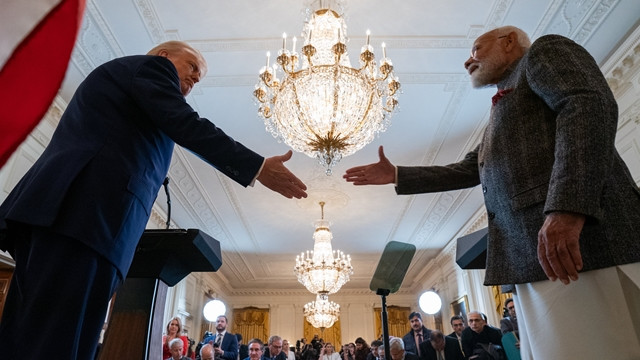
Indian Prime Minister Narendra Modi gradually lost patience with then-U.S. President Donald Trump, beginning with a contentious phone call in June, according to officials familiar with the matter. The relationship, once marked by warmth and mutual praise, deteriorated rapidly in the months that followed.
The breaking point reportedly began during a June 17 phone conversation, where Trump once again raised his claim of having mediated a peace agreement between India and Pakistan following a flare-up in tensions in May of that year. Trump expressed pride in what he described as his role in defusing the situation—an assertion Modi strongly rejected.
According to officials aware of the call, Trump also told Modi that Pakistan was considering nominating him for the Nobel Peace Prize, a prospect he described as a personal honor. Trump had long harbored ambitions of winning the prestigious award and had campaigned informally for it during his presidency.
Trump reportedly hinted that India should acknowledge his role in the ceasefire, similar to Pakistan’s supposed recognition. This suggestion infuriated Modi, who bluntly told Trump that the United States had no role in the ceasefire and that the matter had been resolved bilaterally between India and Pakistan.
Trump, however, appeared to dismiss Modi’s assertion, maintaining his narrative. The disagreement, coupled with Modi's lack of support for Trump’s Nobel aspirations, significantly strained the two leaders’ relationship. This tension marked a stark contrast to their previously cordial rapport during Trump's first term (2017–2021).
The fallout came at a particularly sensitive time, as the U.S. and India were engaged in critical trade negotiations. Those talks ultimately collapsed, and on August 27, the Trump administration imposed a 50% tariff on a range of Indian exports.
Further worsening the situation, Trump announced an additional 25% tariff on Indian goods just weeks later, citing India’s continued imports of Russian oil as justification.
The diplomatic chill became more visible on the global stage. While Modi traveled to China to attend the Shanghai Cooperation Organization (SCO) summit—alongside leaders such as Russian President Vladimir Putin—Trump canceled a previously scheduled visit to India for the upcoming Quad summit, despite earlier confirming his attendance.
Sources close to the White House stated there were no plans for Trump to visit India in the near future, and Indian officials interpreted the cancellation as a diplomatic snub.
In India, public sentiment toward Trump has also shifted. At a recent cultural festival in Maharashtra, a massive effigy of Trump labeled him a “backstabber.” One Indian official reportedly described Trump’s behavior as “bullying.”
Since the June 17 call, Modi and Trump have had no further direct communication.
Analysts suggest the breakdown in relations between the two populist leaders is emblematic of their personalities. Both Trump and Modi are known for their strongman images, populist rhetoric, and authoritarian tendencies. When two such figures clash, the fallout can be dramatic.
This episode will likely be remembered as a case study in how a U.S. president’s personal ambitions—such as a desire for a Nobel Peace Prize—can impact international diplomacy, and how a prime minister’s refusal to compromise on national dignity can come at the cost of a key strategic relationship.




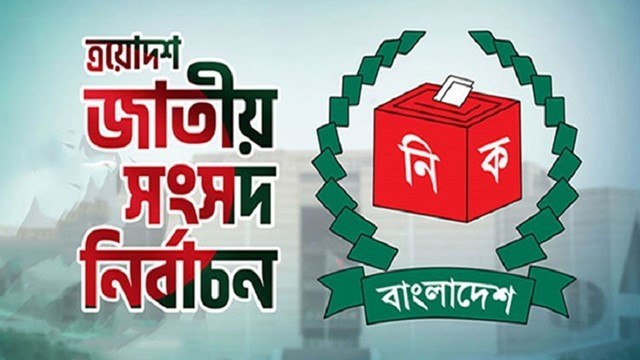
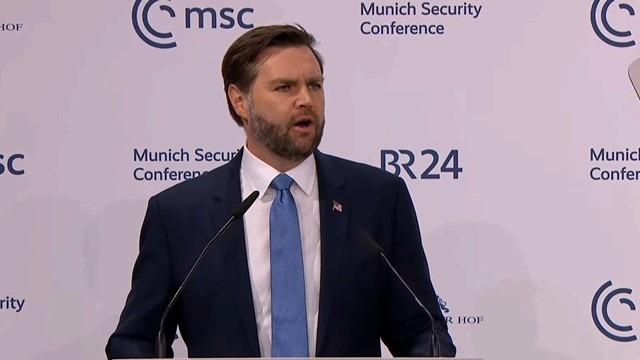
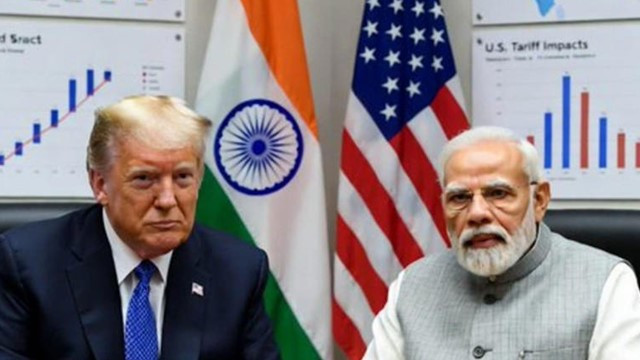
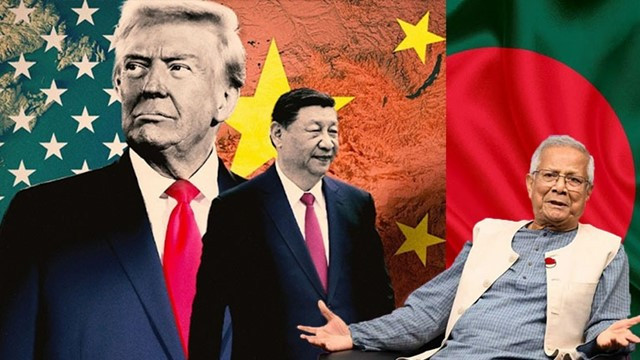
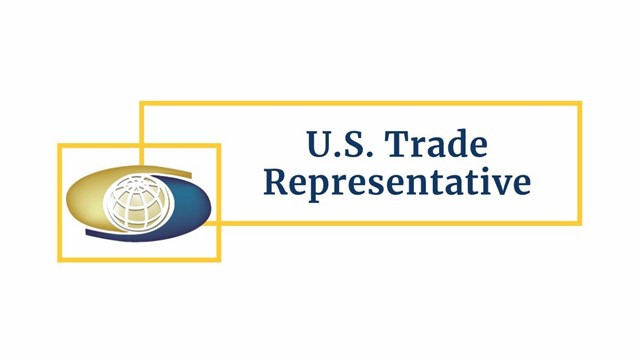
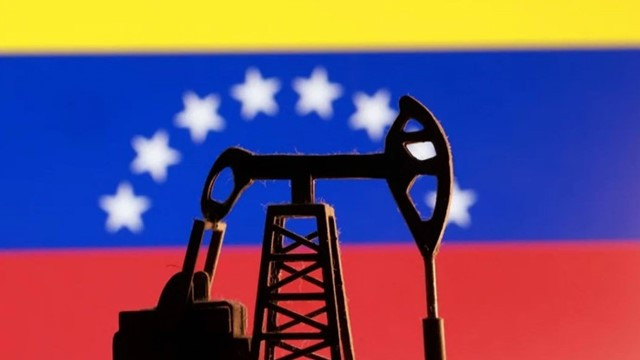
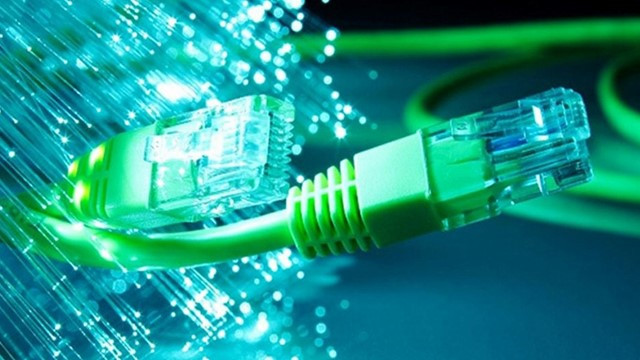
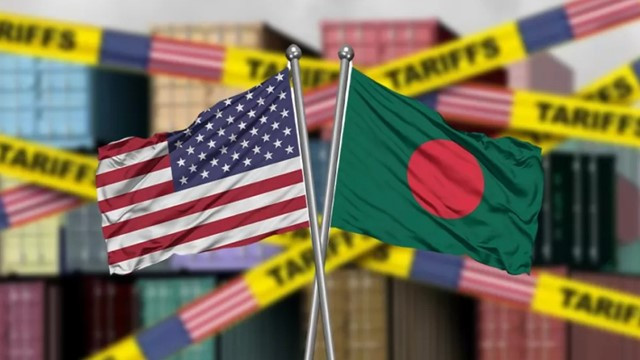
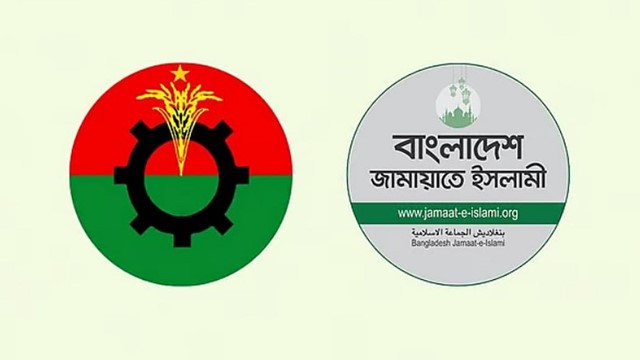
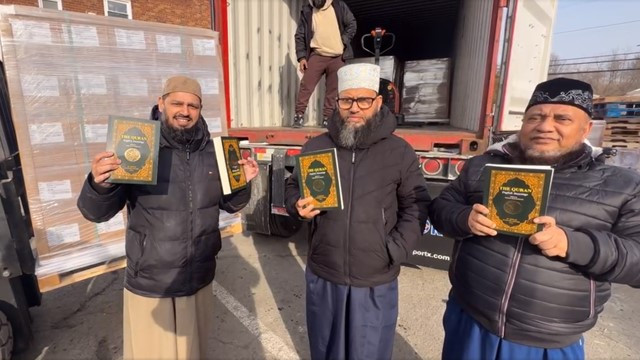
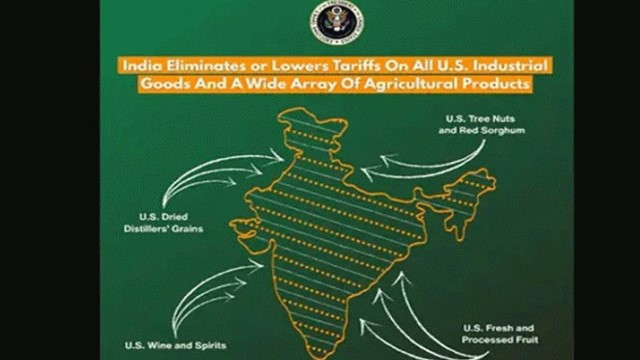
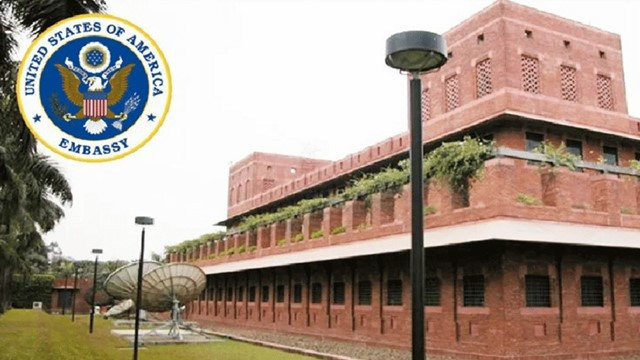
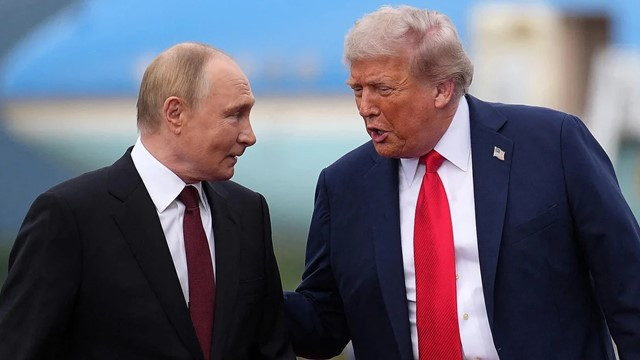
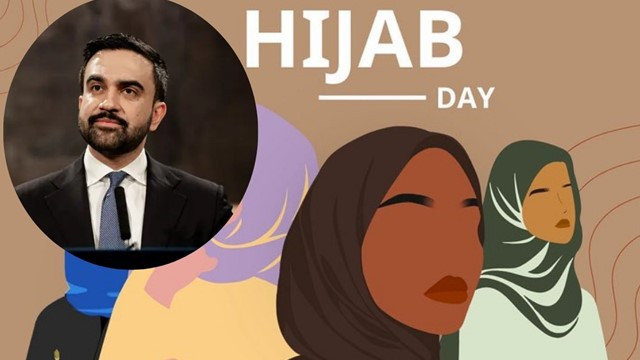
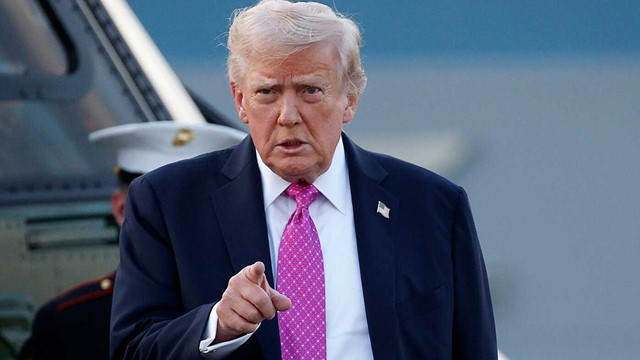
Comments Here: